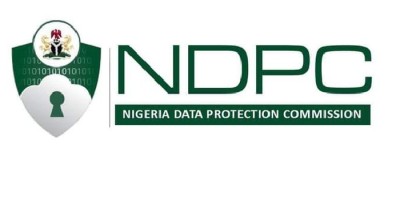Way Out Of Recession Series: Rethinking Infrastructure Development
Posted on Tue 21 Feb 2017
- Download Resource
In response to the identified challenges, Government in alliance with relevant regulatory authorities is working to overhaul the entire Environmental, Social and Governance (ESG) architecture in the country and constantly engaging the Organized Private Sector (OPS) on needed legislative reforms. These efforts have started yielding positive results and are expected to create a lasting, peaceful and seamless business environment in Nigeria in the medium to long term.
In the meantime, the government is providing incentives to investors who are developing critical infrastructure in the priority areas of the economy through the Nigerian Investment Promotion Commission (“NIPC”). There is also the National Policy on Private Partnership (NPPP), made pursuant to the ICRC Act to regulate all concession contracts for public infrastructure development in the country and prevent corruption and opaqueness in infrastructure contracts. This further guarantees an open competitive bidding process of selecting investors for infrastructure development, as regulated by the Privatization and Commercialization Act 1999 and in line with the provisions of the Fiscal Responsibility Act, 2007 and the Public Procurement Act, 2007. Similarly, investors are further assured of a corrupt-free investment space through the enactment of the Freedom of Information Act, 2011, a law that allows official conducts of public officials perfecting and overseeing public contracts as well as all duties connected with public offices, to be made available to private inquirers. This complements perfectly the government’s ongoing anti-corruption crusade.
In building on the legal and financial framework already put in place, we recommend that there is need for more effort in relation to the following: (1) better awareness among government officials of the public procurement process and commitment to compliance with best practices in public procurement processes and (2); implementation of initiatives to limit investors’ political risks exposure. These issues often impact bankability of project in sub-Saharan Africa and are germane to the effective take-off and subsequent blossoming of a virile PPP regime in Nigeria. It is also very vital to ensure the stability of government’s policy initiatives and continuity of projects by successive administrations. Respect for the sanctity of contracts is needed to limit political risks’ exposure of private investors. This will ensure that changes in government do not necessarily bring about changes in priorities leading to policy instability and abandonment of projects by successive administrations. All these improve the profit profile and credit rating of infrastructure projects and hence, their bankability.
Apparently, investors who have an eye for the Nigerian infrastructure sector will find a profitable investment hub in the country as they come. It is therefore incumbent on the government to leverage on the strengths of the economy and build on its reform of the legal and policy framework in order to stabilize investors’ confidence. This is the only way patient capital can be maximally harnessed from the private sector, home and abroad, for building critical infrastructure that would act as the vehicle for delivering on the government’s much touted Economic Recovery and Growth Plan.
The Grey Matter Concept is an initiative of the law firm, Banwo & Ighodalo
DISCLAIMER: This article is only intended to provide general information on the subject matter and does not by itself create a client/attorney relationship between readers and our Law Firm. Specialist legal advice should be sought about the readers’ specific circumstances when they arise.













